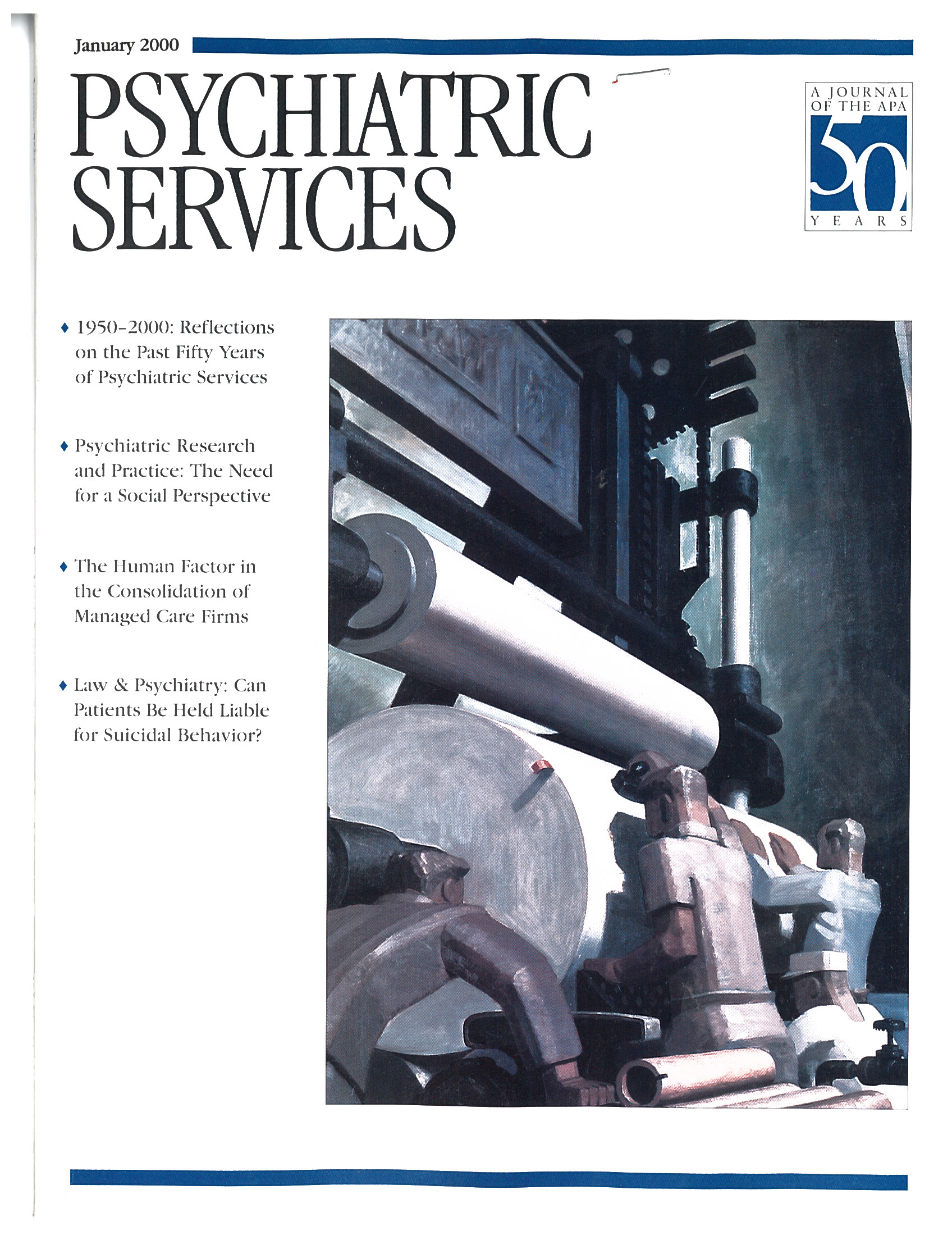The post-World-War-II years were heady times in psychiatry. During the war, scores of nonpsychiatric physicians were pressed into service as psychiatrists and learned a combat psychiatry very different from the prevailing long-term psychoanalytic model found in civilian life.
Thousands of young men inducted into military service were found unfit for duty due to mental illnesses. The number was so great that during one period more men were reported to be discharged for mental health reasons than were inducted. The scandalous conditions in both the overcrowded, creaking state hospital system and underfunded Veterans Administration hospitals were featured in exposés in Albert Deutsch's Shame of the States and in Life magazine. States, starting with California, began to move toward community care. And a number of "young Turks" who considered the American Psychiatric Association too stodgy to act quickly on important issues founded the Group for the Advancement of Psychiatry (GAP).
Thus in just a few critical years—1945 to 1950—the stage was set for powerful changes in the field, made possible by new federal and state mechanisms to fund and direct shifts in care, a willingness by society and psychiatry to move in new directions, and leadership equipped and ready to act. What was missing was a means of communication.
Daniel Blain, M.D., APA's first medical director, responded to the need for better communication, as well as the broader impetus for change, by initiating the A.P.A. Mental Hospital Service Bulletin in January 1950. The Bulletin quickly evolved into a journal—now Psychiatric Services—whose purpose was, and is, to help mental health clinicians and administrators improve the care and treatment of persons with severe mental illness.
This year we celebrate the journal's 50 years of service to the field by reliving some of the most exciting and disappointing events in the last half-century of psychiatry. We begin in this issue with an overview by Jeffrey L. Geller, M.D., M.P.H., of the entire 50 years. In the February through November issues we will concentrate on important developments occurring during five-year periods. From each period, we will reprint an article that reflects a key development, with a commentary on the subsequent impact of the development and a Taking Issue column that presents a different, "Yes, but…" perspective. Finally, in December, we'll look at what's in store in the new millennium.
We've had great fun planning this celebratory year's volume; we hope you will enjoy reading it as much.—

